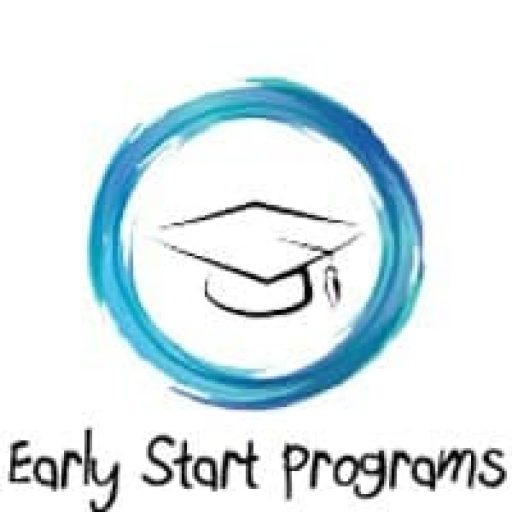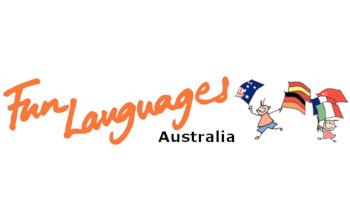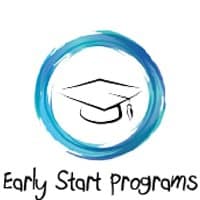Physical Activity Programs
YOGA, SPORT, DANCE & GYMNASTICS
Australian 24-Hour Movement Guidelines for the Early Years (birth to 5 years): An Integration of Physical Activity, Sedentary Behaviour, and Sleep recommends;
• For healthy development in infants (birth to one year), physical activity should be encouraged several times a day in a range of ways. Younger babies should have at least 30 minutes of tummy time each day, including grasping, pushing and pulling. Babies should not be restrained for more than 1 hour at a time, and should sleep 14-17 hours per day (0-3 months of age) and 12-16 hours per day (4-11 months of age)
• Toddlers (1 to 2 years) should engage in at least 180 minutes of energetic play spread across the day, and sleep between 11 and 14 hours, including naps with consistent routine times.
• Pre-schoolers (3 to 5 years) should be physically active every day for at least three hours, spread throughout the day. At least 60 minutes should be spent in energetic play. Sedentary screen time should not exceed 1 hour per day. 10-13 hours of good quality sleep (including naps) are also recommended.
Early Start Programs is committed to supporting educators in meeting these guidelines and has partnered with Ready Steady Go Kids, Physi Kids, Yoganastics, Fun-Key Yoga, Active 8, Kinderotion & Kinderdance and Future Champs.
OUR PARTNERS
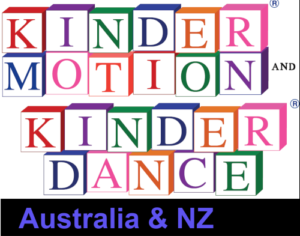 1
1Kindermotion & Kinderdance
Since early childhood education is the foundation for higher education, how a child “learns to learn” will have a lasting influence throughout his or her school years.
Kinderdance, where children “learn how to learn” when they learn how to DANCE and MOVE!‘ Learn dance, motor development, gymnastics, yoga, and fitness across Australia.‘
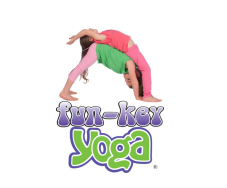 2
2Fun-key Yoga
Instructors use games, storytelling, music, and props to engage children both physically and mentally.
Yoganastics
Instructors also help the children understand and acknowledge their feelings through mediation.
 4
4Ready Steady Go Kids
Children learn social skills and emotional resilience through group activities and turn-taking. We have also seen children develop great self-esteem and confidence as they learn new physical skills.
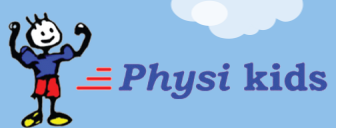 5
5Physi Kids
This is why Physi-kids not only exposes children to different sports in a non-competitive way, they also focus on subjects like nutrition and health.
Children learn problem-solving skills and incredible social skills.
 6
6Active 8
They focus on 8 areas, namely Sports Skills, Aerobic and Cardio, Gross Motor Skills, Co-ordination, Balance, Dance and Cheerleading, Spatial Awareness, and Education.
All activities are integrated in the program to stimulate children’s physical development.
 7
7Future Champ
Children learn fundamental physical skills they will utilise for the rest of their lives in a way that allows them to discover that fitness is fun.
